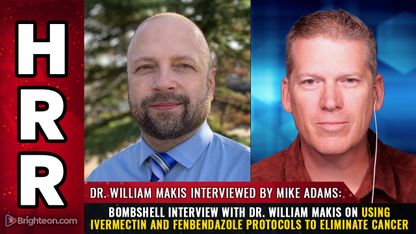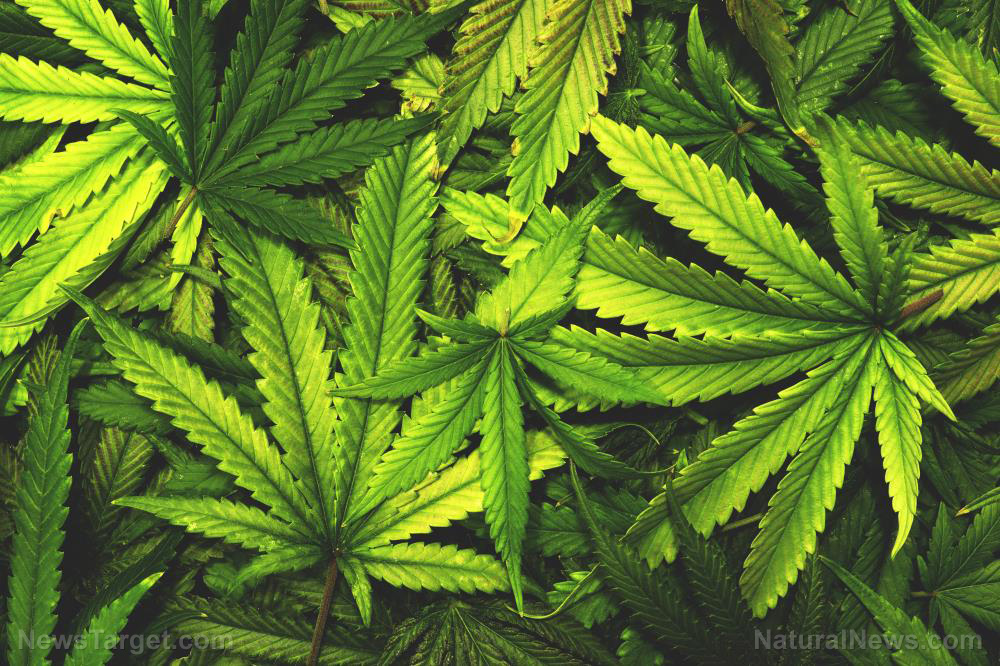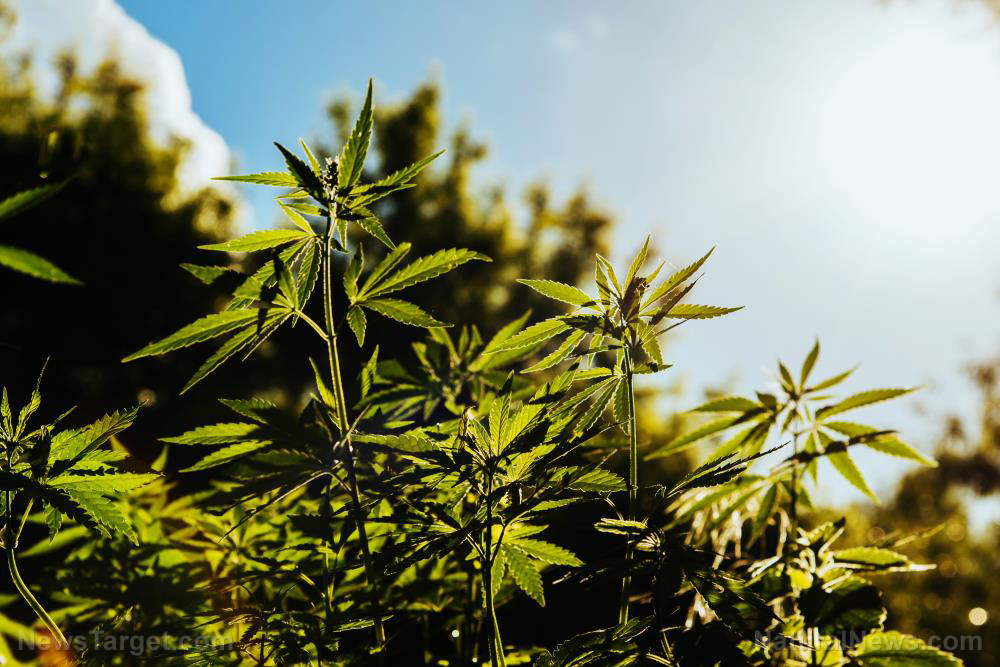
According to a spokesperson from Terry's, they demanded that the owners remove the CBD oil products from their stores' shelves, but did not confiscate the items -- and in fact, the narcotics officers actually purchased some of the oil for testing. The shop owners were reportedly told to stop selling CBD products until the police were able to wrap up their investigation. Officers will be testing their hemp-derived CBD oil for the presence of two key cannabinoids, THC and CBD.
As it turns out, officials in North Dakota declared that CBD would become a Schedule I drug under the state's own laws in December. Though the spokesperson from Terry's Health Products says that they were unaware of the change, they and the owners of Bisman Food Co-op will face stiff penalties if their products test positive for either cannabinoid. They could be charged with Distributing a Schedule I drug, which is a Class B felony and carries up to 20 years in prison. Like the federal variant, the Schedule I drug classification in North Dakota refers to drugs with a "high potential for abuse and addiction" as well as "no medical value." These are adjectives that many people would say do not accurately describe CBD.
CBD oils have been flying off the shelves, according to both stores. Terry's has been selling CBD oil for the last three years without any issues like this, and the Bisman Food Co-op has been selling a CBD product for the last year with no problems.
In a statement released after the raids, the Bisman Food Co-op said, "The Bisman Food Co-op is fully committed to providing to our members and customers a variety of health and wellness products that are safe, consistent with the co-op’s guiding principles, and compliant with all state and federal laws."
But is CBD is being wrongfully accused? Is the plant devoid of medical value -- and is it addictive? Or at the very least, more addictive than opioids -- a class of federally-approved drugs that have wreaked havoc on our country?
CBD: Is it actually dangerous?
A recent paper published in the journal Neurotherapeutics notes that CBD has a low potential for abuse and addiction, due to the fact that it does not provide much stimulation to the "rewards" center of the human brain. Furthermore, the researchers say that current data has shown that CBD is a viable treatment for addiction. Even Fox News has reported on the fact that research shows that cannabinoids from the cannabis plant may be a successful way to help put an end to the opioid epidemic plaguing the United States, and help individuals who are struggling with addiction to overcome their disease. A small pilot study led by Dr. Yasmin Hurd has shown that CBD can help to reduce cravings in heroin users, and also helps to reduce their anxiety. Cannabidiol, also known as "CBD," could be an essential compound for this purpose, because unlike THC, CBD does not have psychoactive effects -- which means it has an inherently low potential for abuse.
It's really rather sad: Cannabinoids and the cannabis plant continue to be crucified while seriously addictive substances such as opioids are practically given carte blanche. Even scientists are beginning to realize that while the two substances may offer a similar array of medical uses (such as pain relief), one is far more dangerous than the other.
Newsflash: It's not CBD that's dangerous. Dr. Yasmin Hurd, Ward-Coleman Chair of Translational Neuroscience at the Icahn School of Medicine at Mount Sinai, and Director of the Center for Addictive Disorders for the Mount Sinai Behavioral Health System, has studied this topic immensely. As Hurd states, "If you look at both drugs and where their receptors are, opioids are much more dangerous in part because of the potential for overdose. The opioid receptors are very abundant in the brainstem area that regulates our respiration so they shut down the breathing center if opioid doses are high."
Sources:
Please contact us for more information.























